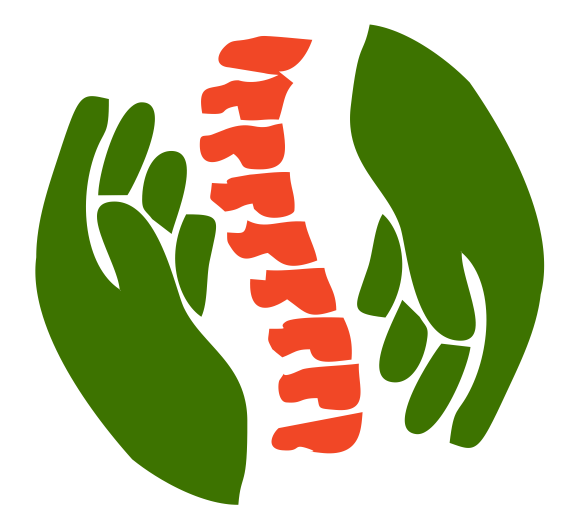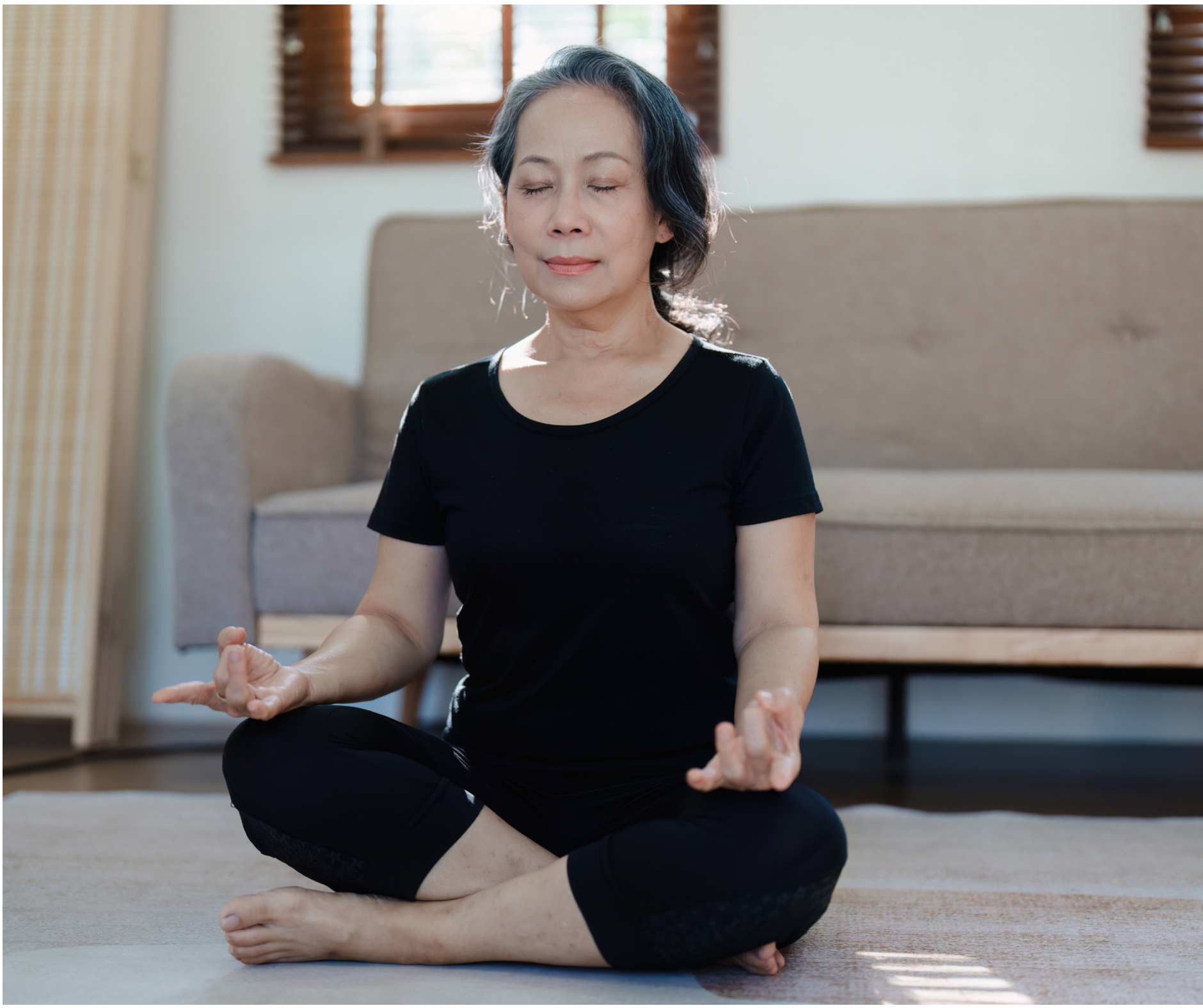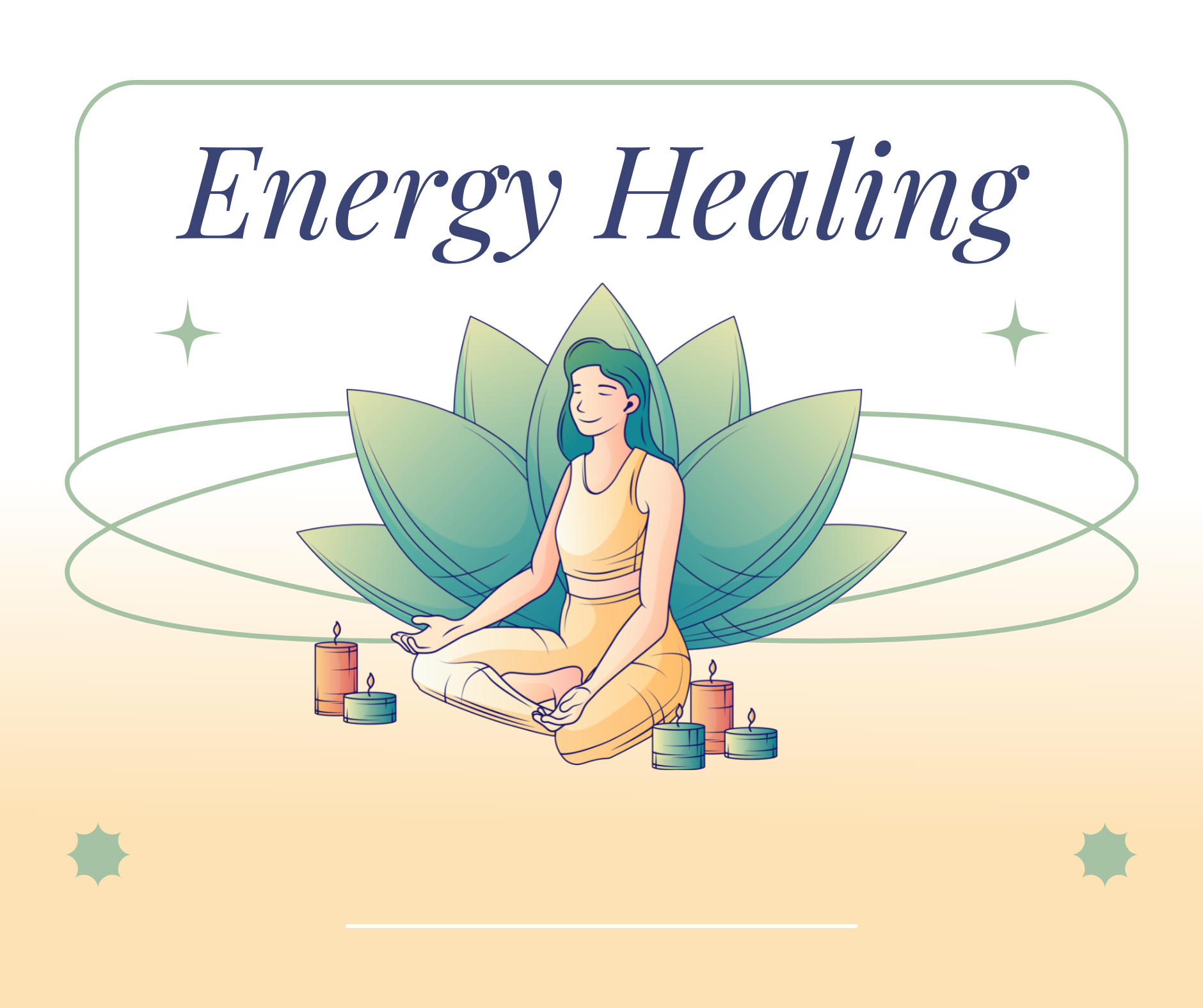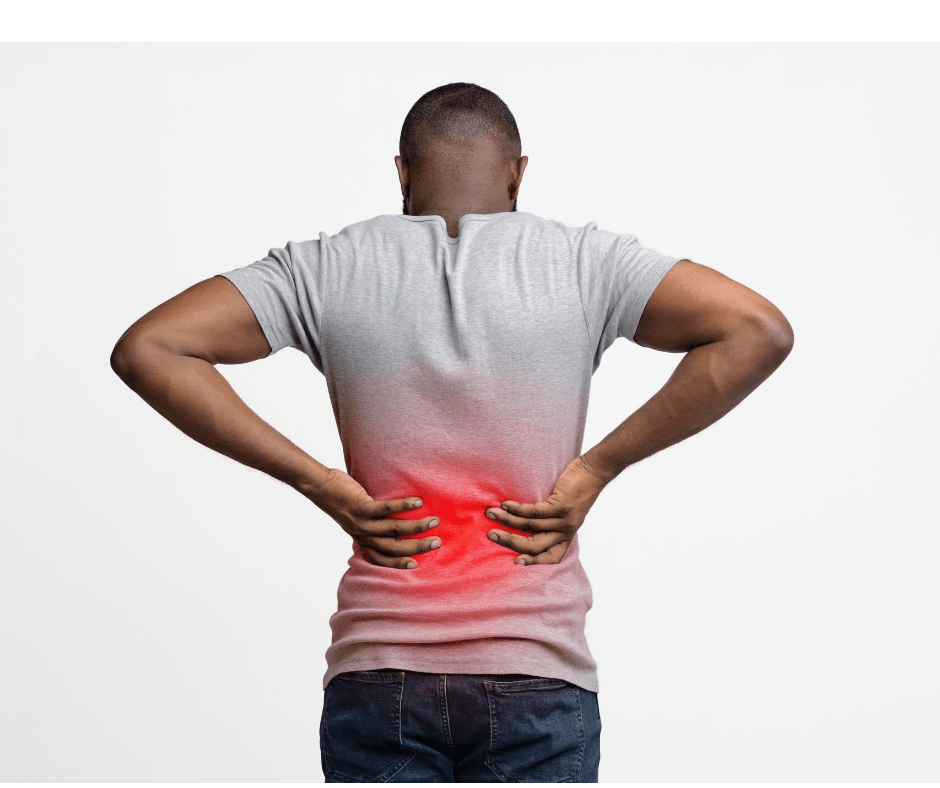Can Lower Back Pain Be Caused By Stress?

Can Lower Back Pain Be Caused By Stress? the answer is yes. a study found that people who were stressed out were twice as likely to experience low back pain than those who weren’t. Learn about what’s behind this painful condition and how you can manage it.
What Causes Stress?
While there is no single cause of stress, there are many common factors that contribute to stress. a major cause of stress is your environment, which includes family members, work or school, and peers.
There is also the presence of toxic chemicals in our homes, neighborhoods, and air; lack of sleep; diet; and poor personal hygiene. Finally, stress can be caused by a lack of support and understanding from loved ones.
A second factor is your thought processes. Your thoughts are the primary cause of stress. Negative thoughts, such as “I am inadequate,” “No one will understand me,” or “I am unlovable” cause stress.
Other types of thoughts that cause stress include thinking that you are responsible for other people’s feelings, that your needs are important, or that you should do certain things.
Finally, negative emotions are also the cause of stress. People who experience negative emotions are more likely to have stress than people who do not. For instance, people who get angry easily have a greater chance of experiencing stress than people who are able to keep their cool.
What are the symptoms of excessive stress?
The following symptoms may indicate excessive stress or depression. The more you experience, the more likely you are to develop the problem.
Difficulty in breathing.
Panic attacks.
Blurred eyesight or sore eyes.
Sleeping problems, Insomnia.
Fatigue.
Muscle aches and headaches.
Chest pains and high blood pressure.
Indigestion or heartburn.
Excessive tiredness, loss of energy.
Trouble concentrating, thinking, or remembering
Being easily upset, angry, or irritable
Lack of confidence and lack of motivation
Feelings of hopelessness or guilt
Fatigue
Restlessness
Feeling miserable, sad, empty
Irregular periods, painful periods, no period
Weak, pale skin
Loss of appetite
Weight loss
Suicidal thoughts or attempts.
The Role of Stress in the Development of Chronic Pain:
When you face a stressful situation, your brain sends a message to your adrenal glands at the top of your kidneys. These are called the fight, flight, or freeze response. The adrenal glands release hormones that help you deal with stressful events, including adrenaline, noradrenaline, and cortisol.
When you feel stressed, the fight or flight response kicks in and the hormones adrenaline and cortisol are released. They stimulate the nervous system to prepare us for action. However, they also have a negative effect on the body.
Adrenaline makes the heart beat faster and muscles tense, while cortisol promotes the breakdown of muscle fibers.
This causes the muscles to become weaker, making it harder to move, and causing soreness and stiffness.
Why is stress harmful?
Excessive or prolonged stress causes a number of health problems. when stress hormones are released in large amounts, they cause inflammation and raise blood pressure. High levels of stress hormones can also increase the production of the following:
• Cholesterol
• Tissue growths
• Prostate enlargement
• Diabetes
• Heart disease
• Thyroid disorders
• Migraine headaches
• Chronic pain
• Anxiety
• Depression
• Fatigue
• Memory loss
• Dementia
• Chronic pain
• Chronic fatigue
• Insomnia
• Obesity
• Chronic diseases
now you can imagine how stress is harmful?
How Stress Can Harm Your Lower Back:
Stress can aggravate your back pain. many people with chronic back pain are already stressed and anxious, and this can make their symptoms worse. They may feel their pain is constantly with them, and they may be fearful and worried about the future.
In addition to worrying about the future, they are often preoccupied with what has happened in the past, and this can be a constant source of stress.
This stress and anxiety can also affect your body and cause tension to build up, leading to muscle spasms.
When you are stressed, the muscles around your spine and pelvis tighten. This can put pressure on your discs and joints and worsen your lower back pain.
When you are stressed, the hormones adrenaline and cortisol (hormones released during times of stress) can cause muscles to tense, making it harder for you to move and relax. The more you are stressed, the more your body will tense up and the harder it will be for you to cope with it.
Try to reduce stress.
When you are feeling stressed, try to switch off, relax and take time to do something pleasant. If you can’t switch off, try listening to relaxing music, such as a meditation track or music with a slow tempo.
You can also do exercise, yoga, and Meditation to reduce stress.
Exercise:
When faced with stressful situations, we often find ourselves worrying about what we will do or say. We also worry about how other people are reacting to us. How we respond to stress, however, is largely under our control.
Regular exercise is one way of calming the mind and body. There is evidence that it reduces levels of anxiety, and depression and helps people with stress. Exercise can also improve concentration and increase self-confidence.
Start gently.
If you are new to exercise, begin by walking briskly for ten minutes three times a week. This can be gradually increased to 20 minutes three times a week.
If you are worried about starting, try a gentle walking session during your lunch hour. You don’t need special equipment. Simply go outdoors and walk around the block.
When you become more familiar with the exercise, you may prefer to use a gym or a treadmill. Choose something you enjoy doing, such as jogging, swimming, cycling, or weight training.
Avoid choosing a sport where you have to compete with others since this can lead to feelings of failure and self-consciousness.
Consider a group class.
Many gyms offer a variety of classes, including aerobics, dance, and martial arts, as well as group activities.
Classes can be useful for improving fitness, confidence, and social skills. They are also a great way of meeting people and making friends. Look in local newspapers or on the Internet to see if there are any classes near you.
Stay focused.
During exercise, keep your mind active. Think about something that gives you pleasure. For example, think about the pleasant sensation of running on the spot, listening to music, or smelling flowers.
The idea here is to distract yourself from your worries and stop thinking about your stress. You may be surprised at how easily you can relax.
Use relaxation techniques.
These techniques are useful during periods of mental and physical exertion when you are feeling stressed or anxious. Relaxation breathing is a popular method.
Inhale deeply through the nose for a count of four, then slowly exhale through the mouth for the same number of seconds.
Repeat this exercise for five to ten minutes. Alternatively, you may find it helpful to repeat the word ‘relax’ slowly to yourself, saying it aloud or silently.
Avoid negative thoughts.
Negative thinking is a major cause of stress. Try to replace negative thoughts with positive ones. Instead of ‘I’m so nervous, I can’t do this,’ think instead, ‘I’m happy to be doing this,’ ‘I can cope with this,’ or ‘This will help me feel better.’
Take regular breaks.
When you exercise, try taking regular breaks. Walk for 10 minutes, then stretch, jog for 5 minutes, then walk again. This is better than trying to keep fit for longer.
If you exercise regularly, your body will adapt to the demands placed on it. You will find that you get used to the exercise and feel happier when you have taken a break.
Yoga:
Yoga is a wonderful form of exercise that can help you cope with stress. It is a gentle but effective way of calming your mind and body.
When you are stressed, yoga helps you to concentrate on your breathing and the flow of energy through your body. With regular practice, your body becomes more aware of itself, helping you to gain confidence.
Yoga builds strength, flexibility, and balance. It can help you to deal with anxiety, depression, addictions, insomnia, low self-esteem, pain, and many other physical and emotional problems.
It is a simple practice that can be done anywhere, at home, in a group class, or in a private session with a teacher. It is a great way to relax, de-stress, and reduce your stress hormones.
Meditation:
Meditation practice leads to improved mental health. It can help reduce the symptoms of depression and anxiety. If you are suffering from depression or anxiety, consider practicing meditation.
How to meditate?
Here’s a basic technique that works for most people. Start by sitting comfortably, either on the floor or on a chair.
Sit with your spine straight, back naturally arched. Rest your hands lightly on your lap. Close your eyes and breathe slowly and evenly. As you breathe in, allow your breath to fill your lungs and expand. As you exhale, empty your lungs and release any feelings of tension in your body.
Repeat this process three to five times. If your mind wanders or you find it difficult to concentrate, just come back to your breath. When you’re ready, open your eyes and get up.
Try to do it daily for ten to fifteen minutes. You may feel energized and more relaxed afterward.
Get enough sleep:
Sleep is important. Most people with lower back pain experience some problems with sleeping.
Sleep is an important part of our lives. It helps us recover from stress, builds our strength, and enables us to cope with the ups and downs of life.
Sleep is influenced by many things, including age, gender, cultural background, body type, and how we feel about ourselves and others.
All of these factors can affect how much sleep we need and how we feel about the amount of sleep we do receive.
Sleep problems are common in older people and those with physical and mental health problems.
A healthy diet, regular exercise, and social interaction can all help to improve sleep quality.
Many people find that stress affects their sleep. The main causes of stress in older people are physical health issues, caring for a family member, loneliness, financial difficulties, and living in a stressful environment.
If you are experiencing stress, seek support from a professional such as a doctor, counselor, or local community support group.
What should you do if you have trouble sleeping?
If you have trouble sleeping, talk to your doctor. Your doctor may suggest alternative treatments, such as relaxation or medication, or refer you to a local clinic or service.
Try to establish a regular bedtime routine and stick to it. Do something relaxing or relaxing activities before going to bed, such as watching TV or listening to music. If you have insomnia, keep your bedroom dark and quiet.
Avoid alcohol and smoking if you can. If you’re worried about taking medication, talk to your doctor or pharmacist.
Try to avoid caffeine if you are having problems sleeping. Tea, coffee, chocolate, and colas all contain caffeine, which can make you feel anxious or nervous.
Ask your doctor about the benefits of using a bedtime tablet, melatonin, or hormone supplements, if you are concerned about a lack of sleep.
Take care of yourself:
If you are feeling stressed, make sure you eat a healthy diet and get regular exercise. Eat lots of fresh fruit and vegetables and drink plenty of water.
Exercise regularly, at least three times a week, doing activities you enjoy. Try gentle yoga, tai chi, or a swim.
Consider acupuncture or other complementary treatments.
Acupuncture is a traditional Chinese treatment that involves inserting tiny needles at specific points along the body to promote healing. It can be helpful for people with low back pain and also for easing stress.
Aromatherapy is another effective form of complementary treatment. Aromatherapy involves the use of essential oils to promote relaxation and wellbeing.
FAQ:
- How do you know if back pain is stress related?
Symptoms that are commonly associated with stress include headache, fatigue, muscle tension, difficulty sleeping, irritability, anxiety, depression, stomach upset, and changed breathing patterns.
Stressful situations can cause neck and shoulder pain, which can lead to more widespread back pain.
2. What emotions cause lower back pain?
Mainly Anxiety and depression. they are mental conditions that affect almost everyone at some point during their life.
While there’s no direct link between low mood and lower back pain, they often go hand in hand.
Depression can lead to low self-esteem and anxiety can lead to tension and stress. This is likely to cause muscle and ligament spasms around the lumbar spine (the part of the spine between the lower back and pelvis),
But this isn’t always the case. Pain can spread elsewhere in the body too.
3. How do you relieve lower back stress?
by performing specific stretching exercises and strengthening exercises to improve the muscle tone of the back.
A physical therapist will help you to learn how to position yourself and your chair so you are less likely to develop chronic back problems.
Conclusion:
Lower back pain is one of the most common health problems people face. Stress, bad posture, and an unhealthy lifestyle are some of the main causes of lower back pain.
Unfortunately, the lower back pain caused by sresse is always diagnosed late, after verifying all possibilities of back pain.
If you’re suffering from lower back pain, there are several ways to treat it, including chiropractic care, physical therapy, massage, medication, and even surgery. however, the best treatment option for you will depend on your symptoms and how severe they are.
If you’re struggling with lower back pain, have you thought about trying alternative therapies? Do you have any questions? Please share your thoughts in the comments below.



